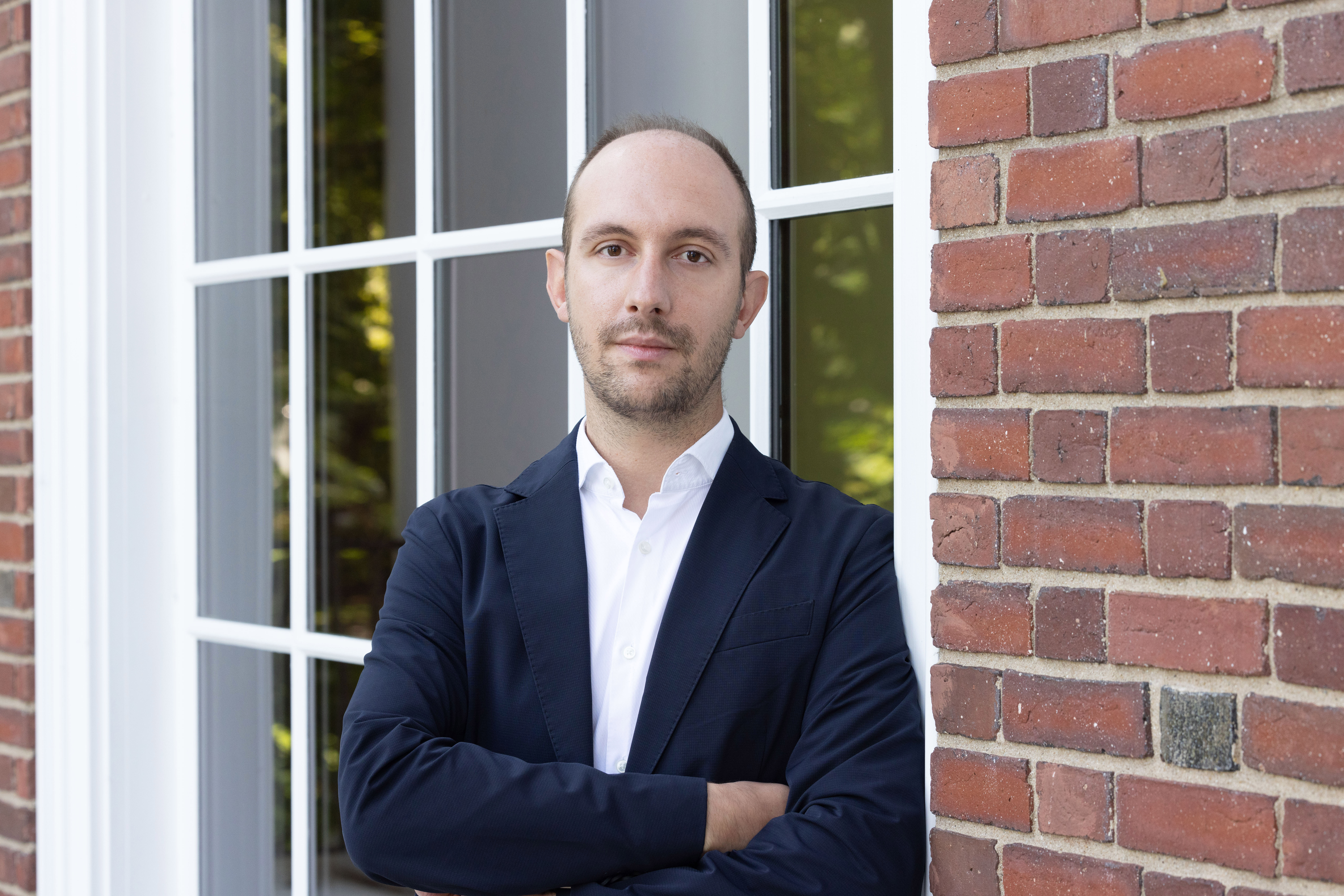New Faculty Profiles: Matteo Gasparini
|
HBS faculty comprises scholars and practitioners who bring leading-edge research, extensive experience, and deep insights into the classroom, to organizations, and to leaders across the globe. We asked new faculty at HBS about their background, their new roles, and their interests.  Matteo Gasparini, visiting fellow, Institute for Business in Global Society
What’s your area of research and what led you to it? I started working on sustainability and climate change issues as a consultant at McKinsey. I realized that some of these issues needed more research, and I started my DPhil (PhD) at the University of Oxford. Where are you from? What is something you like to do outside of your academic work?
What’s your favorite book, movie, or piece of art? What will you be doing as a BIGS Fellow? The second research project will study the effects of financial regulations in investing in the net zero carbon transition. Financial regulations such as accounting frameworks and capital requirements shape economic incentives of banks. This research project will ask: Are financial regulations impairing the transition? Are financial regulations detrimental to the ability of banks to fund green investments? |
Post a Comment
Comments must be on-topic and civil in tone (with no name calling or personal attacks). Any promotional language or urls will be removed immediately. Your comment may be edited for clarity and length.
